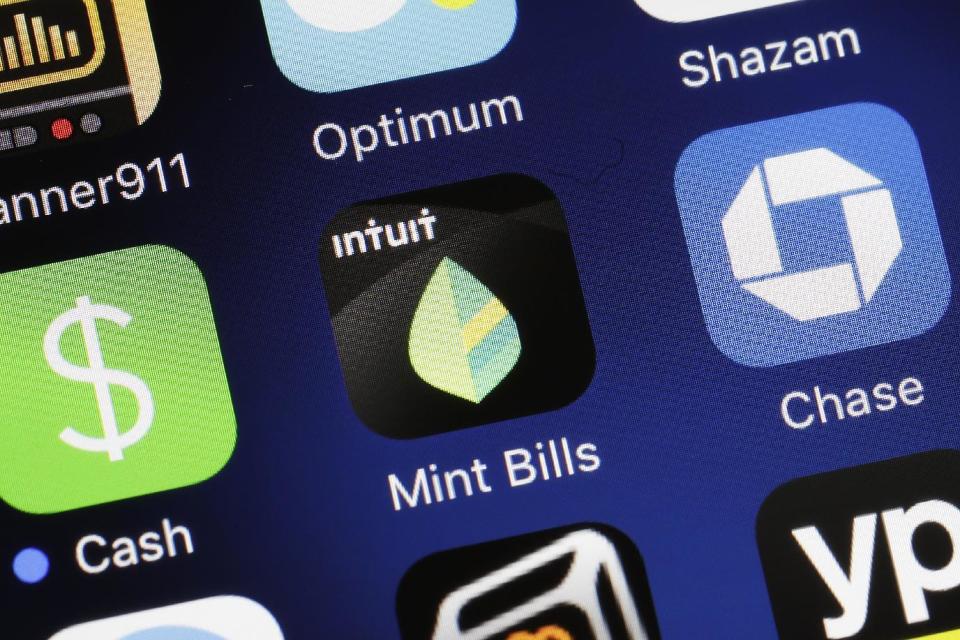Jamie Dimon warns tech users: 'You have no idea what you agreed to. I do.'

“You think you’re studious? You’re not,” JPMorgan (JPM) CEO Jamie Dimon told a crowd of MBA students at a joint town hall put on by JPMorgan and Yahoo Finance. “How many of you use Mint, Google, Apple, Amazon, Digit, any one of those things. Raise your hands.”
The crowd raised their hands.
“When you pushed that button and said ‘I agree,’ you have no idea what you agreed to. I do.”
Dimon’s demonstration wasn’t just a lesson in reading fine print to the young capitalists in the room. It was an illustration of how foggy the tech world can be when it comes to your data. When most people sign up for an app or service, they head straight for the “agree” button.
“A lot of you gave your bank passcodes away,” said Dimon. “Are you aware you gave your bank passcode away?” A lot can be thrown into an agreement you scroll through (or ignore completely), and since you can’t negotiate or cross out terms of service, it’s the company’s way or the highway. Because disagreement is not an option if you want to use the app, companies have tremendous leeway to insert whatever terms they want. For example, agreeing to settle disputes in arbitration instead of court, or the ability for sites like Facebook or Google to sell your data.
Technically, it’s with your permission, because you signed the terms of service.
According to Dimon, this blank check consumers give certain services means that big problems can occur when something goes wrong. “If you have $20,000 in a bank account and it’s stolen from JPM, you’re good. By law. If it’s stolen another way, you’re not—or maybe not.” A big problem, he added, is that you may have given banks and integrated services the right to sell your data years ago. “They’re still taking that data every day and they’re selling it every day. Where you eat, what you did, what hotels you stayed in, all those various data you put in there,” Dimon said.
Today more third parties and apps integrate with banks and financial services to track expenses and help users budget. Dimon expects the agreements users sign to make this synergy possible will be more exposed to the light of day, instead of hiding in the fine print. “Eventually, you should be able to go on your mobile, look at the data that’s being shared, and decide what to share, how to share it, when to share it—so you can turn it off,” he said.
Dimon wasn’t just complaining about unscrupulousness in his industry and issues with data and privacy, a theme that was in his 2015 letter. He was on message. In January, JPMorgan Chase and Intuit (INTU) announced a partnership to roll out these changes, giving consumers control over how their data is used. “I want to build something that’s really good for the customer that you say ‘I love that. I control my data and you give me a way to turn it on and off,’” he said. “So I think this is going to become a much bigger deal for the American public.”
Ethan Wolff-Mann is a writer at Yahoo Finance focusing on consumer issues, tech, and personal finance. Follow him on Twitter @ewolffmann. Got a tip? Send it to [email protected].
Read more:
Subprime auto loans too small to be a big problem, says Dimon
An interesting market sign says private jet sales may be about to take off
Democrats found a way to speak Trump’s language
What Trump’s intriguing Nafta changes say about his other promises
Facebook’s copy of Snap stories is a reminder of a Silicon Valley hard truth
The trick to getting credit card fees waived? Just ask
These two companies lobby to make your taxes way harder
Chase’s Sapphire Reserve is very worth it, even with its slashed bonus